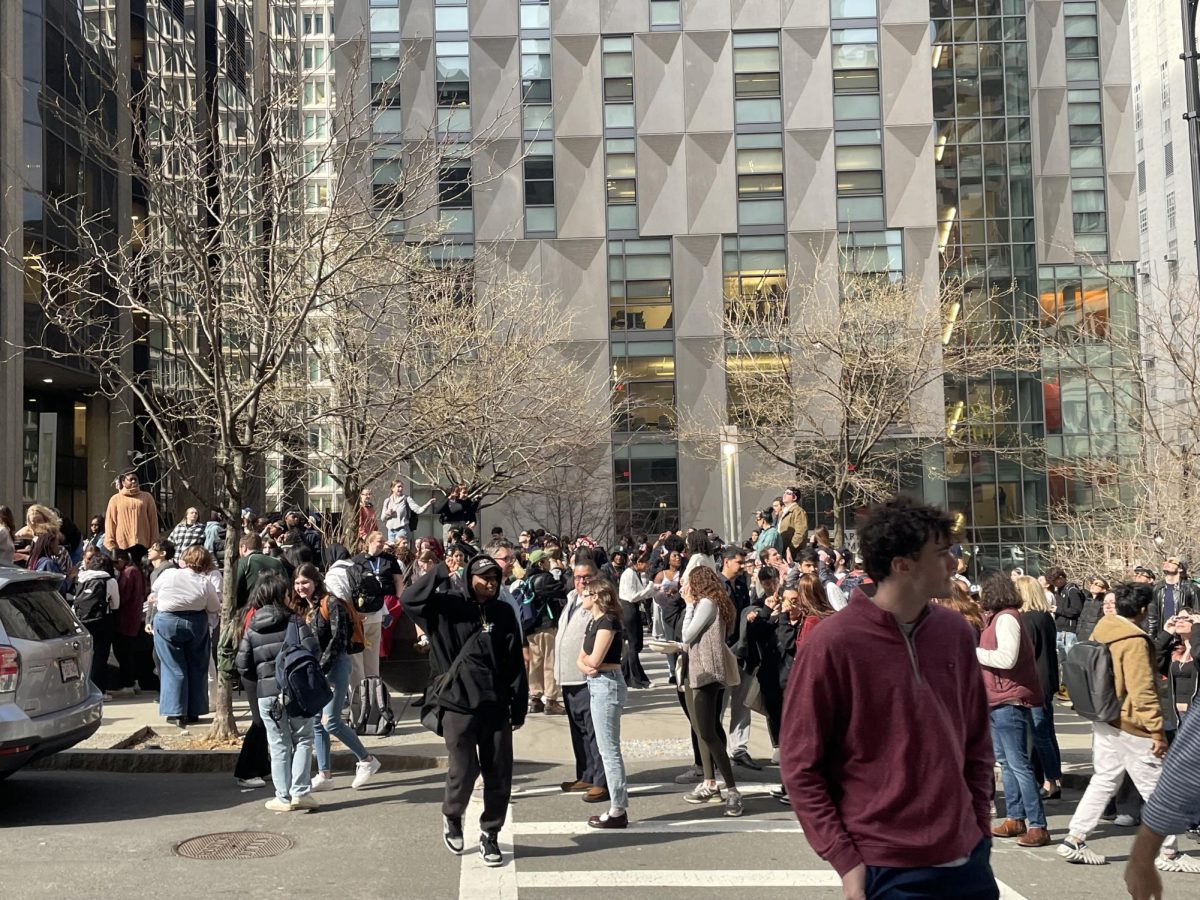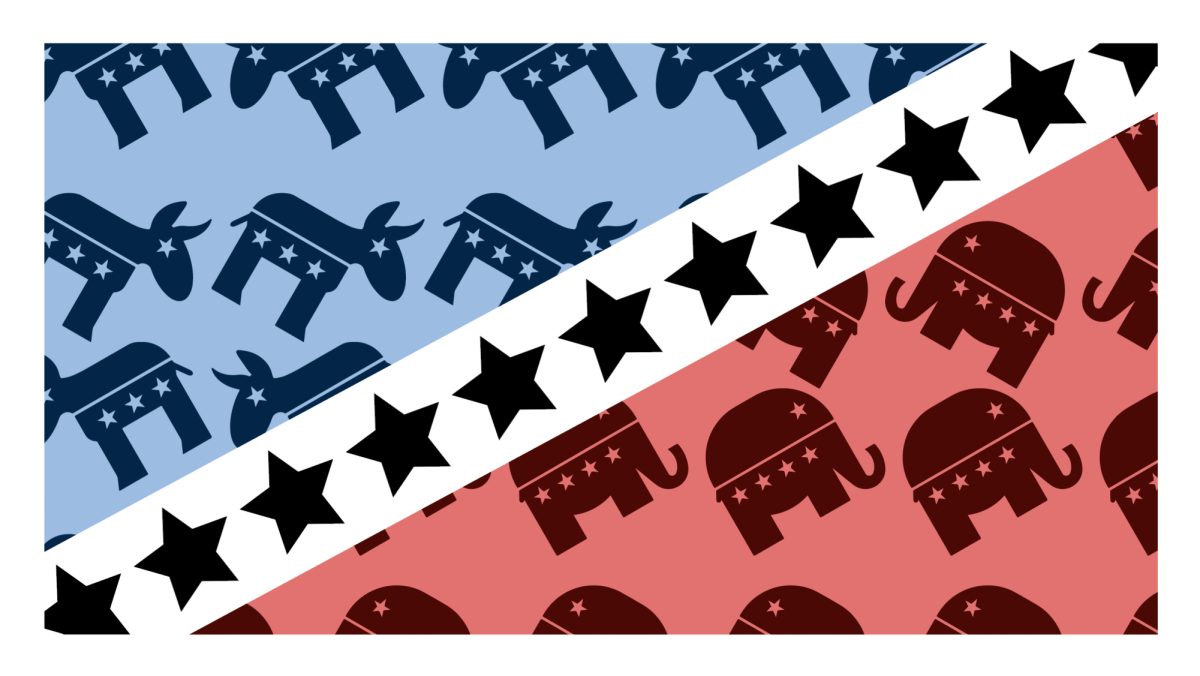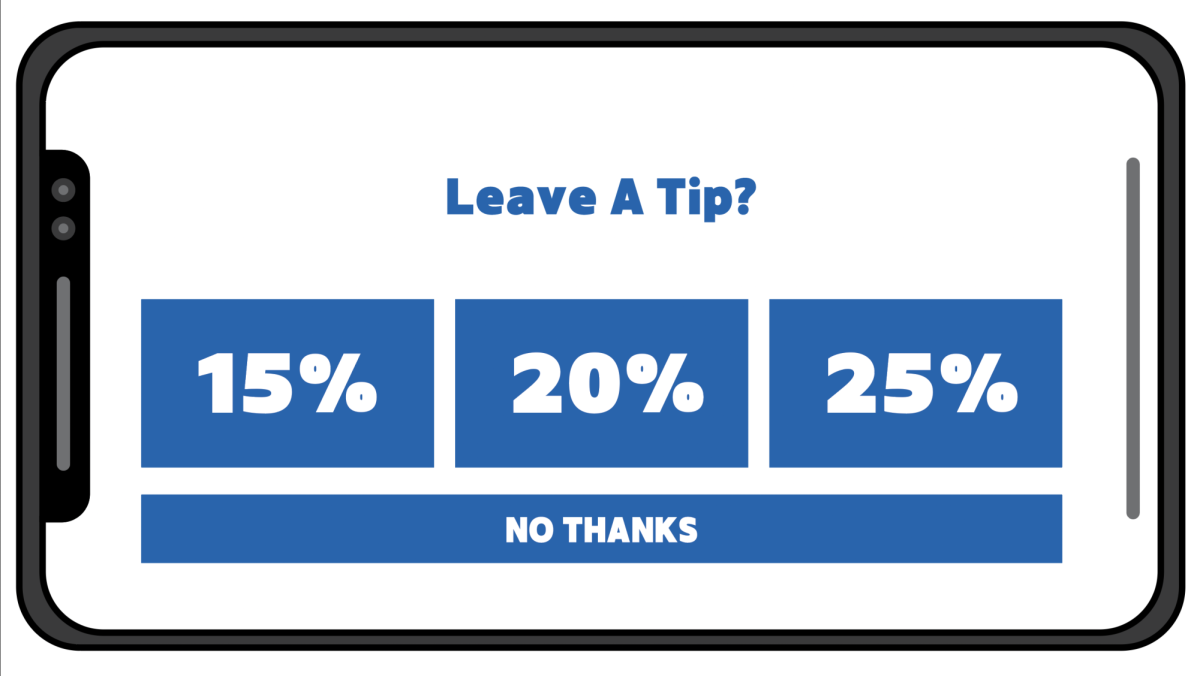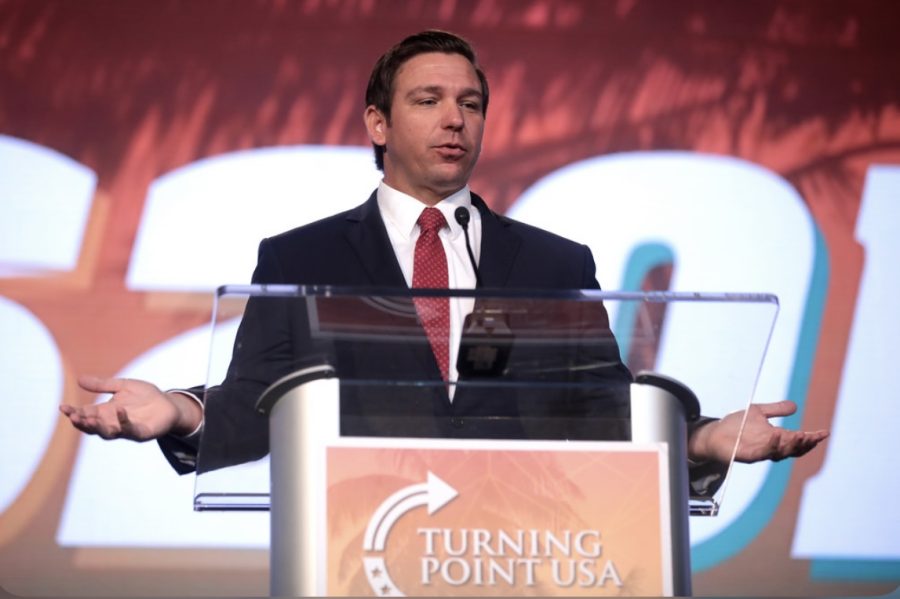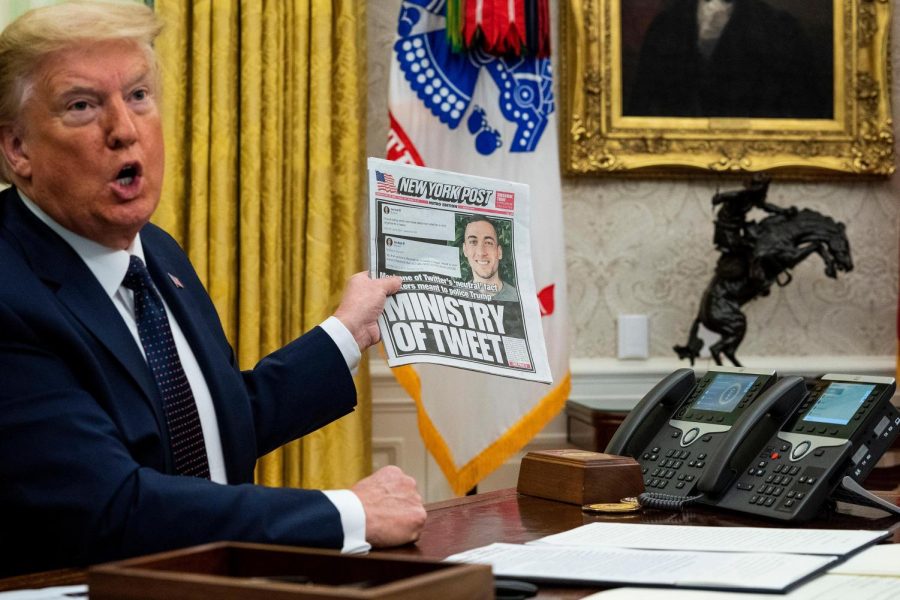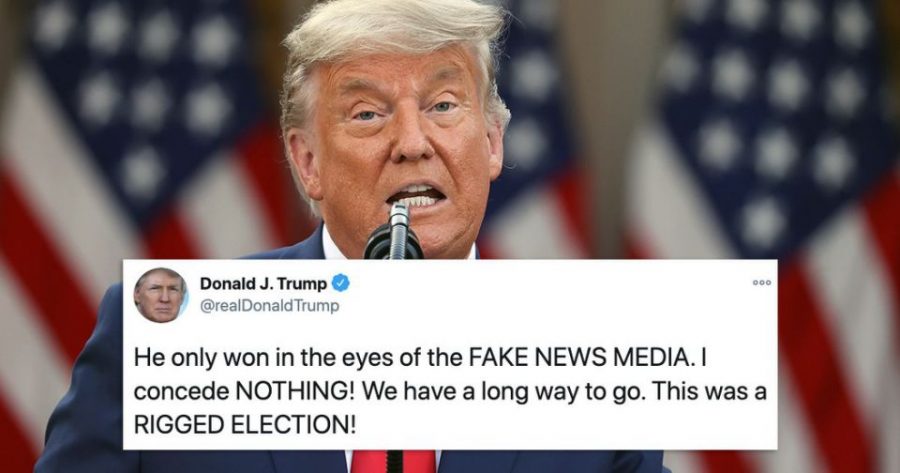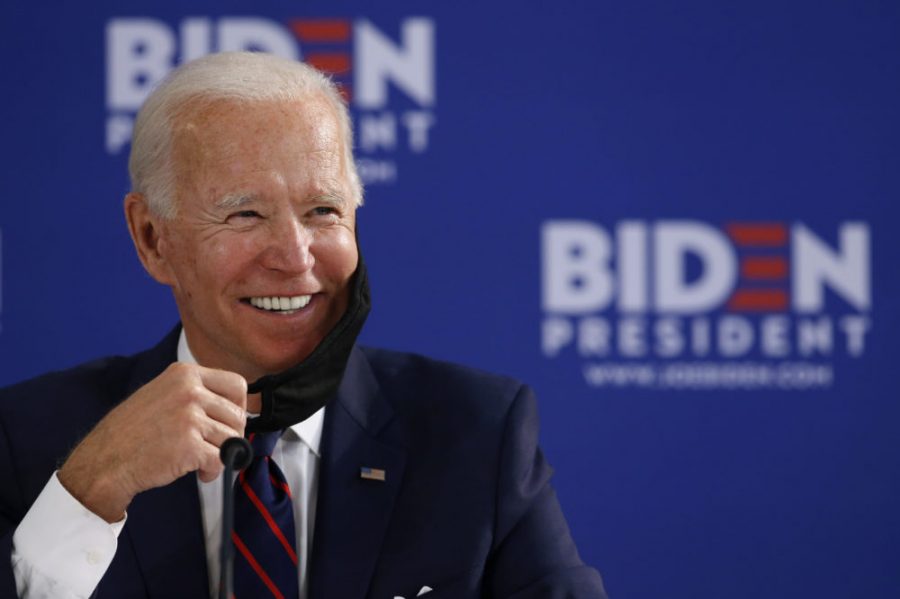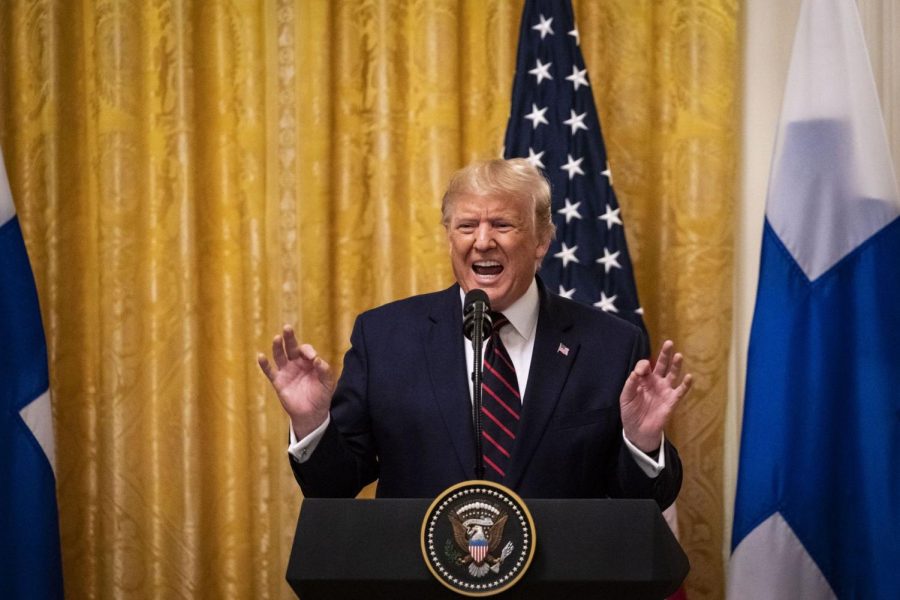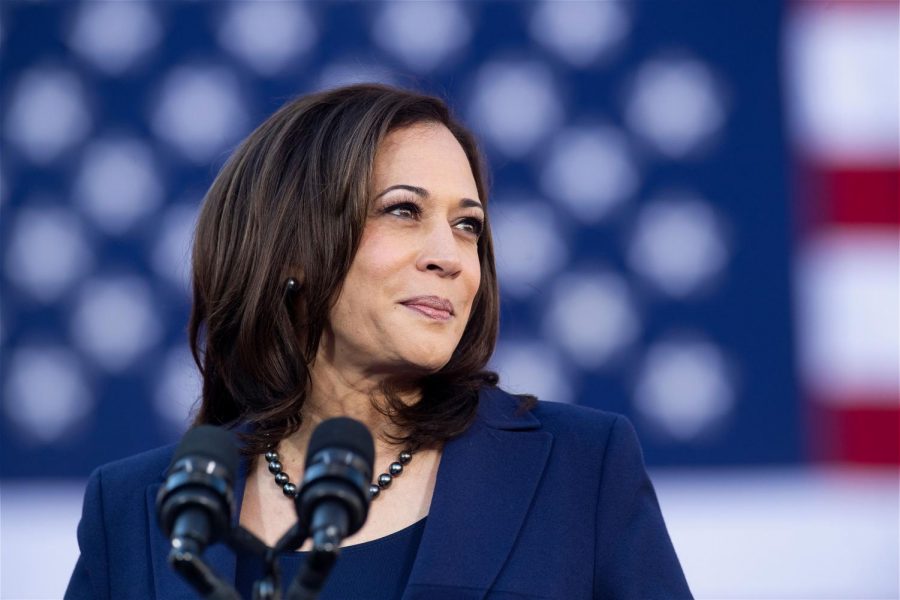Arguably the new Leader of the Free World, the first female chancellor of Germany and the De Facto Leader of the European Union, Angela Merkel holds all of these titles in her third term. It seems that this once soft-spoken leader has persisted through with strong leadership to please both liberals and conservatives in becoming a champion of human rights for all.
The Leader of the Free World is usually given to the President of the United States, but to many on social media, the title now belongs to the Chancellor of Germany, according to the Washington Post. This title has been named as she has decided to run for a fourth term next year. Merkel was former President Barack Obama’s last phone call while in office, which is being championed as a passing of the baton.
“That’s a matter for the German people, but I value Angela’s leadership,” said former President Barack Obama in a speech in Berlin. “If I were German and I had a vote, I might support her.” Based on the current political arena, it could be argued that Merkel and her strength as a leader not only of Germany but of Europe as acting leader of the Free World, would do very well in a fourth term as the Chancellor of Germany.
Confined behind the iron curtain until age 35, Merkel grew up in a rural area north of Berlin. After the fall of the Berlin wall, she joined the Christian Democratic Union (CDU), eventually appointed as Minister of Women and Youth. Merkel was chosen to lead the CDU over her mentor Helmut Kohl in 2000. When she went on to win Chancellor in 2005 as the first woman to do so, it proved she is what Germany wanted and needed for a leader.
“Even when she was awkward and shy, you could feel her energy, you could feel her power, from the beginning,” Herlinde Koelbl, arguably Germany’s most acclaimed photographer, said about recognizing Merkel’s strength in 1991 when he started photographing her among other up-and-coming politicians, told Time Magazine in their article about Merkel as their Person of the Year for 2015.
Merkel is known for her slow but precise way of coming to decisions. This was shown during the possible collapse of the European economy as a result of the bankruptcy of Greece. Correlated with the refugee crisis, she was able to lead not only Germany, but all of Europe. This solidifies her position as the de facto leader of the European Union (EU).
In 2009, Greece announced it lied about its finances for years, was immediately shut out from borrowing from any market. In response, Merkel, taking lead of the EU, made Germany the biggest lender of rescue funds to Greece. However, Merkel imposed strict conditions, including new reforms on taxes, pensions, and the labor market. While this was a struggling story for Greece, these actions by Merkel helped save the EU from falling into complete economic instability.
By the end of 2015, Germany had taken in close to 890,000 refugees who were fleeing to Europe in order to find security and stability from their nations. This dramatic influx of people caused a shock that shook not only Germany but the entire EU to its core. At the head of this stood Merkel, where she proved her strength as a leader when she challenged the politics of her own party in favor of the moral reasoning by declaring Germany be a welcoming country, open to refugees.
Even though Merkel received backlash from her decision to open up Germany, in retrospect, she apologized, but not for opening up the borders. “If I was able to, I would turn back time by many, many years, so that I could have prepared the whole government and the authorities for the situation which hit us out of the blue in the late summer of 2015,” said Merkel in a press conference on Sept. 18 addressed her refugee policies. This showed Merkel is strong enough as a leader to stand by her choices, and deal with the consequences, despite criticism from others.
Despite her popularity rates fluctuating due to both the financial crisis in Greece and the refugee crisis, Merkel has been able to keep a steady positive presence in the political arena through her moral leadership and overall powerful mindset, proving her to be a strong political leader.





